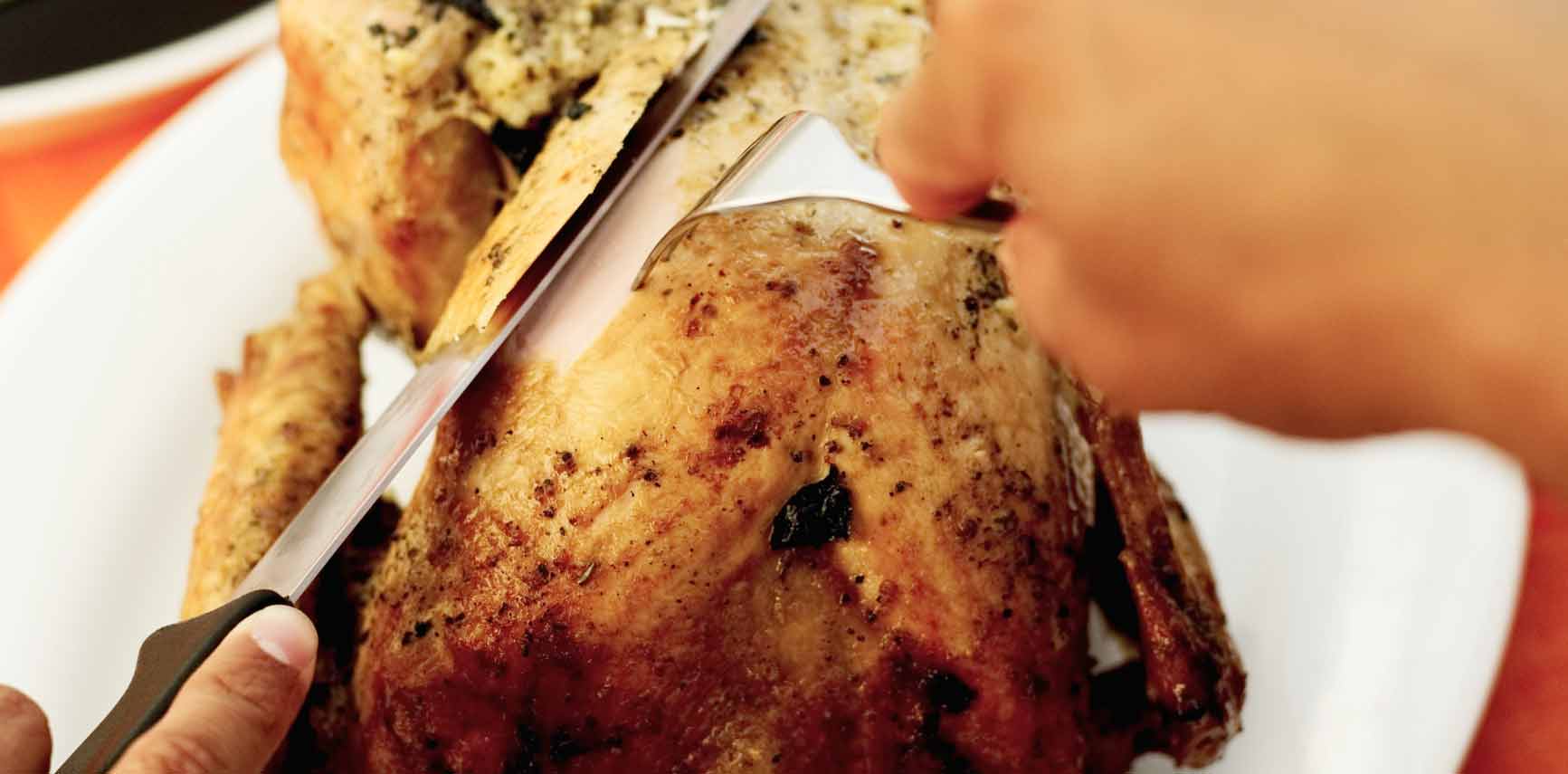Canadians likely to spend more on Thanksgiving dinner this year

After more than a year of high food inflation, families gathering this weekend to gobble Thanksgiving dinner may be feeling the pinch after their grocery shopping
by Sammy Hudes – The Canadian Press
Statistics Canada reported last month that prices for food purchased from stores rose 6.9 per cent in August, down from an 8.5 per cent increase in July but still well above the month’s headline inflation rate of four per cent.
“Prices haven’t went down, so you’re going to continue to see to see fairly large sticker shock on items and it’s making consumers re-think the traditional Thanksgiving meal,” said retail analyst Bruce Winder.
“People aren’t going to eliminate the dinner altogether because that’s too drastic, but they’ll look for creative ways to save money with things like potluck dinners, etc”“Some people are going to look at alternatives: is there a cheaper alternative that you can use to cook instead of maybe a turkey? Or do you maybe hold back on the big family gathering a little bit more? Do you make more and buy less from stores?”
Last year, the price of a kilogram of fresh turkey was about $6.59, or $42.84 for a 6.5-kilogram bird, according to the Agri-Food Analytics Lab.
A survey of weekly flyers from major grocery chains in the leadup to Thanksgiving shows some stores have seen a markup for the same product. At Metro, a fresh turkey cost $9.90 per kilogram, while at Sobeys, the price was listed at $7.69.
However, Loblaws’ flyer for the week showed the price of a kilogram of fresh turkey was $5.49.
“People aren’t going to eliminate the dinner altogether, that’s too drastic,” said Winder, noting many consumers “are really up against the wall” with the prices of gas and housing remaining high.
“But they’ll look for creative ways (to save). Maybe they do a little more potluck things this year.”
Other items typically on the Thanksgiving menu have also seen year-over-year price increases.
As of August, the retail price per kilogram of potatoes was up 6.8 per cent, while butter has seen a 9.2 per cent jump, according to Statistics Canada. Brown rice was about 6.3 per cent more expensive than last year.
But there’s reason to be optimistic, said economist Mike von Massow of the University of Guelph’s Ontario Agricultural College, who noted that although food prices are higher than last year, they have started to move in the right direction.
He added that many foods that typically find their way to the Thanksgiving dinner plate are also now in season, so month-over-month price changes should be more favourable for consumers.
“One of the reasons we have Thanksgiving at this time of year is to celebrate and give thanks for the harvest,” von Massow said.
“Because we are in harvest time of year, if you look at mashed potatoes, if you look at apples and apple pie, if you look at pumpkins, and pumpkin pie, all of those are now available locally and in abundance. So we would expect, even in an inflationary time, that prices would come down at this time of year.”
Looking past the holiday, von Massow said it would be beneficial for Canadian shoppers to be open to changes in their typical food purchases if they want to spend less.
“Canadians are very much creatures of habit. If broccoli was in my basket last week, it’s likely to be in my basket this week,” he said.
“While it may not help you this weekend for Thanksgiving, thinking about things like stored vegetables, which are produced in Canada — carrots, beets and some of those root vegetables — will give you an opportunity to save money, because you’re not buying the fresh stuff that’s coming in from the U.S.











